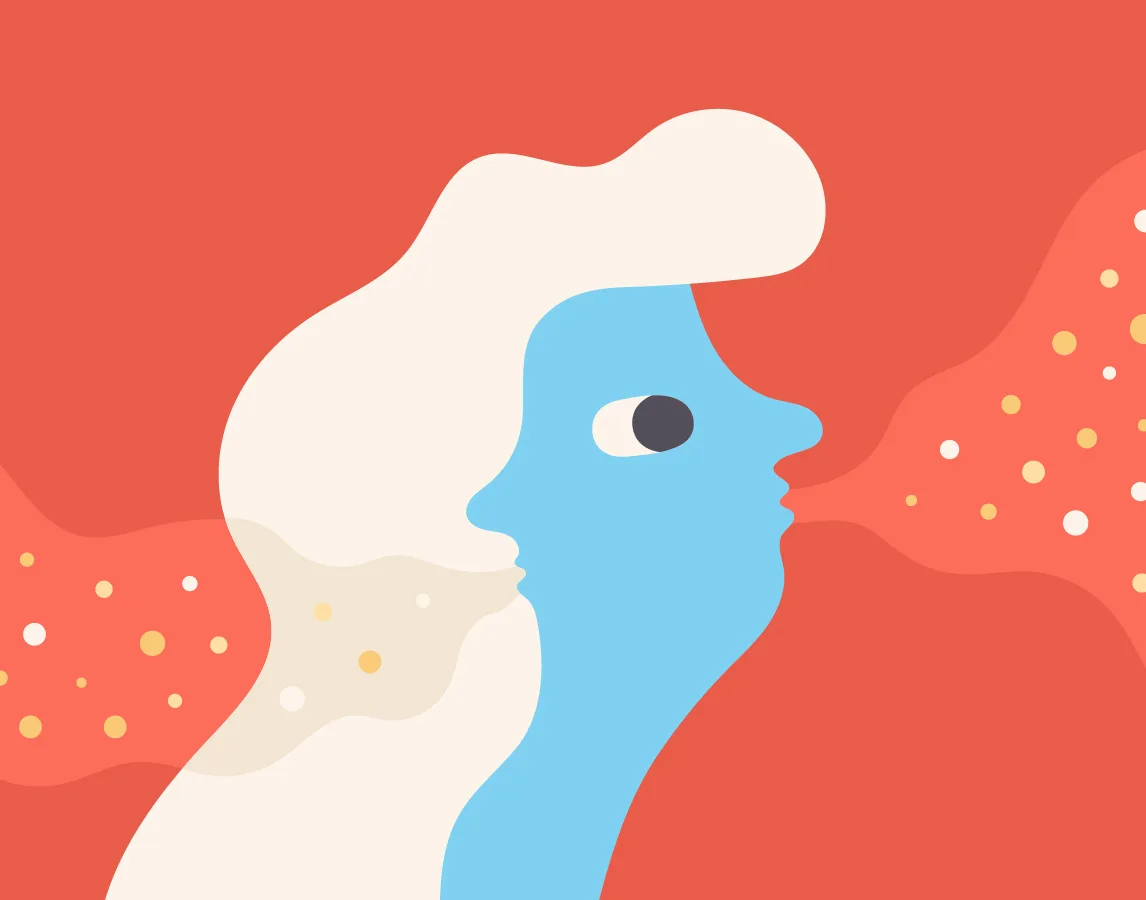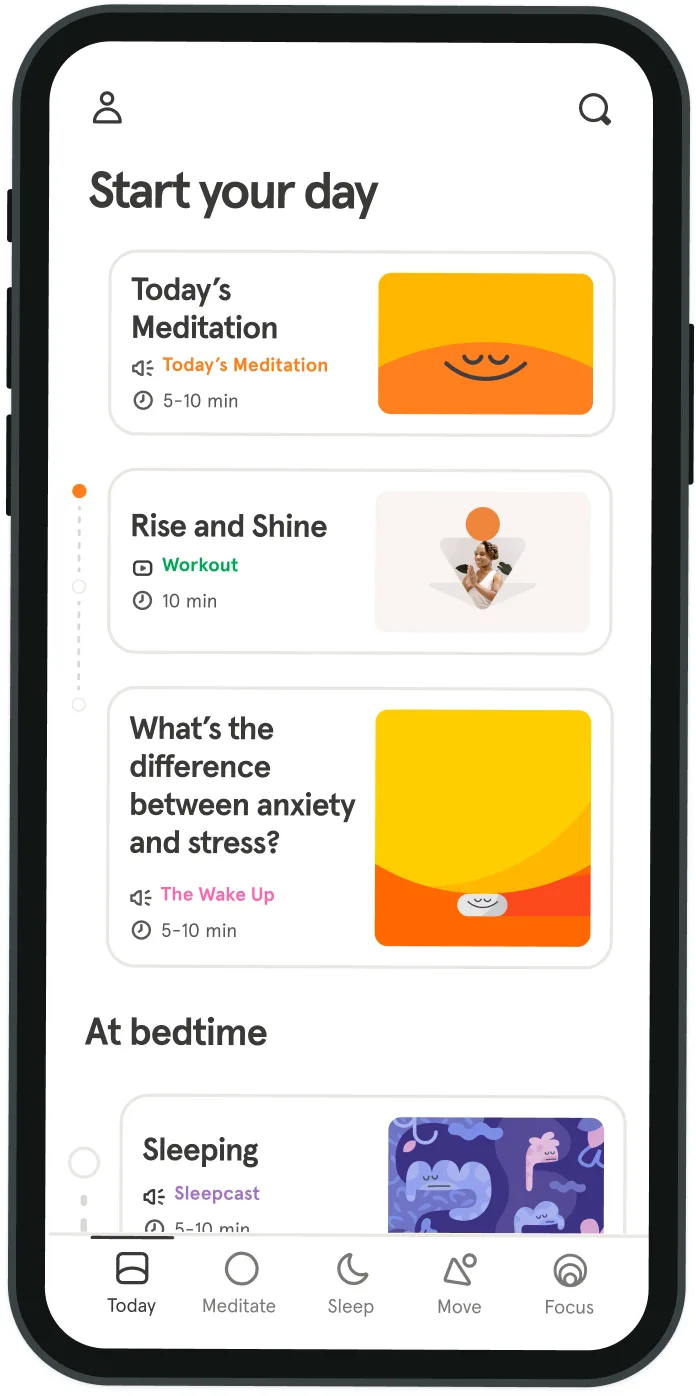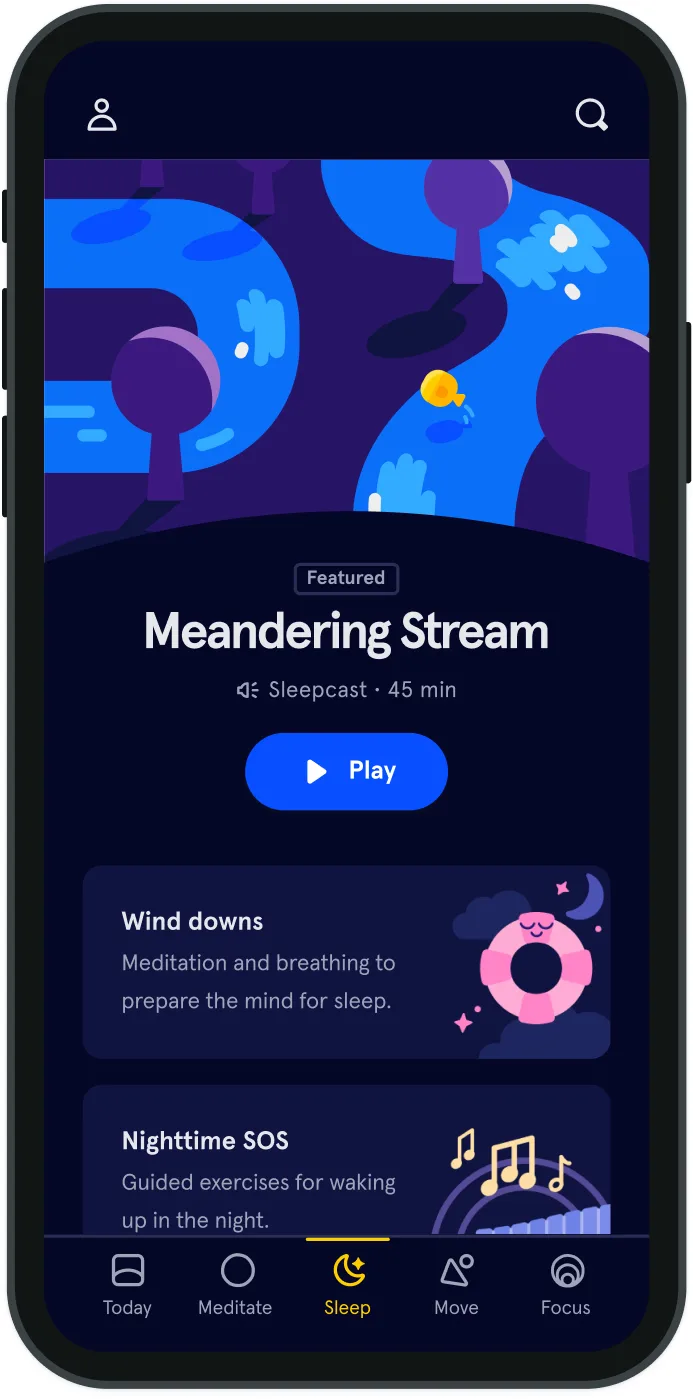Is self-delusion a good thing? Why we’re not as self-aware as we think.
Most people think they have a great sense of humor, but very few actually do.
That was the finding of a 1999 study from Cornell University. Researchers presented a large group of undergraduates and a handful of professional comedians with a list of jokes of “varying comedic value.” The comics largely agreed on which jokes were duds and which jokes were funny, but the students were more varied in their assessment. The comedians, for example, hated this one-liner from a joke book for children: "Question: What is big as a man, but weighs nothing? Answer: His shadow.” But they loved this quip from Saturday Night Live writer Jack Handey: "If a kid asks where rain comes from, I think a cute thing to tell him is 'God is crying.' And if he asks why God is crying, another cute thing to tell him is 'probably because of something you did.’” Some students agreed with the professionals. Others did not. Notably, when asked to rate their own ability to recognize what’s funny, the students tended to overestimate their talents. As the study’s authors, David Dunning and Justin Kruger, wrote, “those who performed particularly poorly relative to their peers were utterly unaware of this fact.” This specific form of self-delusion is known as the Dunning-Kruger effect. This tendency seems mostly harmless, if a little obnoxious. What bad could come from not understanding our limitations? Experts say that a lack of self-awareness can impair our happiness and limit our success.
In her book, “Insight: the Power of Self-Awareness in a Self-Deluded World”, psychologist Tasha Eurich defined self-awareness as “the ability to see ourselves clearly—to understand who we are, how others see us, and how we fit into the world around us.” While the vast majority of people describe themselves as self-aware, Eurich notes that a very small number actually is. These lucky few have a decided advantage. “There is strong scientific evidence that people who know themselves and how others see them are happier,” writes Eurich. “They are smarter, superior students. They raise more mature children. They also tend to be more creative, confident and less aggressive.” Humans possess the unique ability to see the world from someone else’s point of view. We also turn our gaze inward, to scrutinize our own thoughts, feelings, ambitions, strengths, and weaknesses. Our capacity for both empathy and introspection is what allows us to be self-aware. It’s what allows us to look at ourselves through someone else’s eyes. In the absence of self-awareness, we can be stricken with self-delusion, says Eurich. This describes the burden of the students in Dunning and Kruger's experiment. More broadly, it is a burden for anyone who overestimates abilities, misapprehends feelings, or fails to understand how we might come across to others. Experts say we can become more self-aware by meditating, journaling, and seeking the feedback of our colleagues. Eurich offers two techniques for improving self-awareness. First, she says, check in with yourself for five minutes each day. Avoid churning through your thoughts and emotions—that can lead to over-analysis, frustration, and anxiety. Instead, spend a few minutes observing your feelings. Second, Eurich encourages people to ask others, “Why are you friends with me?” We can learn a lot about ourselves by asking our peers what they think of us. “I’ve personally done that exercise a couple times recently and I’ve been shocked at what I learned,” Eurich noted. “Somebody said I was ‘brave and courageous,’ and I see myself as one of the most risk-averse people on the planet.” It takes a lot of courage to ask your friends what they think of you—but it can pay off. And it’s far better to see yourself as you truly are than to suffer through self-delusion. As Jack Handey reminds us, “If you think a weakness can be turned into a strength, I hate to tell you this, but that's another weakness.”
In her book, “Insight: the Power of Self-Awareness in a Self-Deluded World”, psychologist Tasha Eurich defined self-awareness as “the ability to see ourselves clearly—to understand who we are, how others see us, and how we fit into the world around us.” While the vast majority of people describe themselves as self-aware, Eurich notes that a very small number actually is. These lucky few have a decided advantage. “There is strong scientific evidence that people who know themselves and how others see them are happier,” writes Eurich. “They are smarter, superior students. They raise more mature children. They also tend to be more creative, confident and less aggressive.” Humans possess the unique ability to see the world from someone else’s point of view. We also turn our gaze inward, to scrutinize our own thoughts, feelings, ambitions, strengths, and weaknesses. Our capacity for both empathy and introspection is what allows us to be self-aware. It’s what allows us to look at ourselves through someone else’s eyes.
In the absence of self-awareness, we can be stricken with self-delusion, says Eurich. This describes the burden of the students in Dunning and Kruger's experiment. More broadly, it is a burden for anyone who overestimates abilities, misapprehends feelings, or fails to understand how we might come across to others. Experts say we can become more self-aware by meditating, journaling, and seeking the feedback of our colleagues. Eurich offers two techniques for improving self-awareness. First, she says, check in with yourself for five minutes each day. Avoid churning through your thoughts and emotions—that can lead to over-analysis, frustration, and anxiety. Instead, spend a few minutes observing your feelings. Second, Eurich encourages people to ask others, “Why are you friends with me?” We can learn a lot about ourselves by asking our peers what they think of us. “I’ve personally done that exercise a couple times recently and I’ve been shocked at what I learned,” Eurich noted. “Somebody said I was ‘brave and courageous,’ and I see myself as one of the most risk-averse people on the planet.” It takes a lot of courage to ask your friends what they think of you—but it can pay off. And it’s far better to see yourself as you truly are than to suffer through self-delusion. As Jack Handey reminds us, “If you think a weakness can be turned into a strength, I hate to tell you this, but that's another weakness.”



Be kind to your mind
- Access the full library of 500+ meditations on everything from stress, to resilience, to compassion
- Put your mind to bed with sleep sounds, music, and wind-down exercises
- Make mindfulness a part of your daily routine with tension-releasing workouts, relaxing yoga, Focus music playlists, and more
Meditation and mindfulness for any mind, any mood, any goal
- © 2024 Headspace Inc.
- Terms & conditions
- Privacy policy
- Consumer Health Data
- Your privacy choices
- CA Privacy Notice
